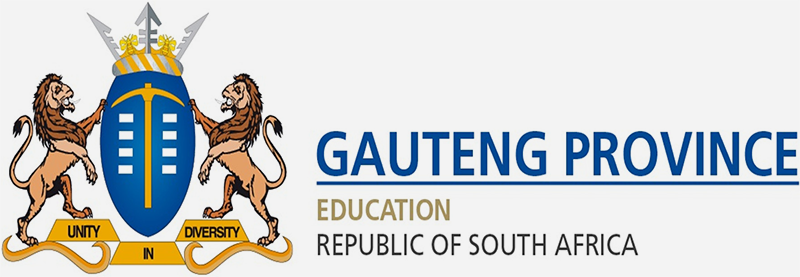What is TDD?
The Teacher Demographic Dividend (TDD) project is a research project focusing on South Africa’s need for teachers in the next decade and beyond. About half of all government-employed teachers in South Africa will retire by 2035. Replacing them will be one of the country’s biggest challenges. Our aim is to establish a detailed understanding of the situation by:
- Developing a model that predicts demand for and supply of teachers over the coming decades (Research Group 1);
- Investigating the effects that the wave of teacher retirements is likely to have on the education system (Research Groups 2 and 4); and
- Identifying windows of opportunity for improving education that will be created by the wave of teacher retirements, and making policy recommendations accordingly (Research Groups 3 and 5).
The project will take place over the course of three years (2022-2024) and will produce a large number of research outputs. The project currently involves 27 researchers affiliated with various universities, research organisations and independent consultancies, and the Department of Basic Education.
Why is teacher retirement an important issue?
It is important to be aware of an impending need for more teachers, for the simple reason that teaching staff form the backbone of our schooling system. Without sufficient teachers, it would not be possible to educate our children.
However, significant changes in teacher employment patterns are also important from the perspective of government expenditure. Teacher salaries are the largest single line item in the South African budget: in 2022, teacher salaries accounted for one third of all public sector wages at R222 billion, approximately 3,5% of GDP and 10% of total government expenditure. This means there may be some savings for the government, as older teachers (who typically earn higher salaries) are replaced by younger teachers (who typically earn lower salaries). The magnitude of potential savings will be explored through the project.
Finally, and very importantly, replacing a large percentage of the teachers currently in the system presents a once-in-a-generation opportunity to revitalise the education system through an influx of new teachers – if we are able to ensure that the new teachers are competent and motivated professionals. The project therefore has a strong focus on improving teacher quality.
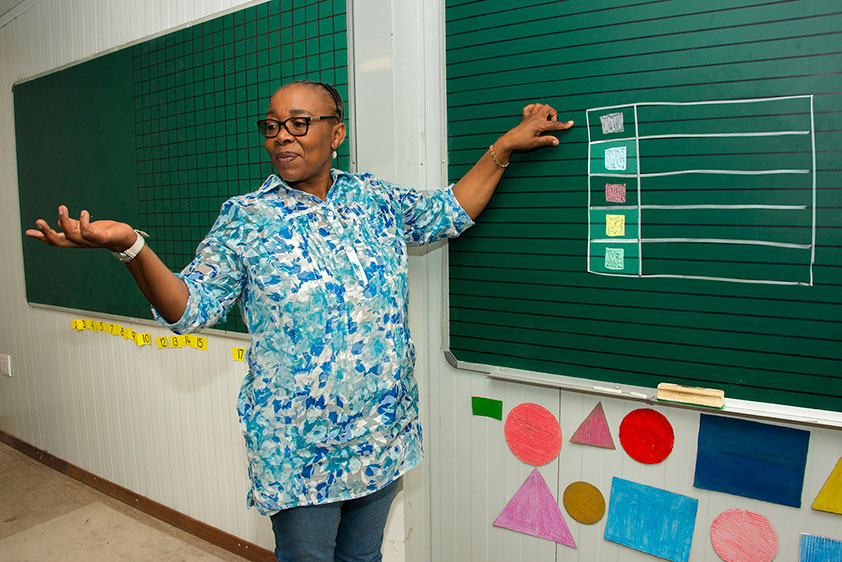

Do you have government support?
The TDD project has received formal endorsement from the Department of Basic Education and the Gauteng Department of Education, and is working closely with stakeholders in all provincial departments of education. The findings of the project are actively being shared with several national government departments.
What do the five research groups focus on?

Research Group 1:
Teacher Supply and Demand
This research group is developing a model to predict demand for and supply of teachers under several possible future scenarios, and to assess the impact that major demographic shifts will have on the average cost of hiring an educator. The objective is to provide information that can guide (a) investment in teacher training, as well as (b) hiring practices, budget proposals and expenditure risk mitigation in the schooling sector.
Research Group 2:
Teacher Quality and Age
This research group aims to answer the question: As older teachers leave and younger teachers enter the profession, what will the overall impact be on teacher quality? In particular, this group will focus on the role that age, qualifications and experience play in teachers’ professional identity, motivation and job satisfaction, and the impacts on students’ learning outcomes and on teacher retention.


Research Group 3:
Increasing Teacher Supply and Quality
This research group is investigating potential sources of new teachers, and the challenges associated with increasing the number of teachers joining the profession each year. It also aims to investigate the quality of existing teacher training programmes, and to suggest possible strategies for improving initial teacher education.
Research Group 4:
Teacher Appointments, Matching and Utilisation
This research group aims to understand the dynamics of teacher labour market imbalances, and to investigate the current state of the South African teacher provisioning system (excluding teacher preparation). It will make recommendations on how the South African teacher provisioning system can be strengthened to ensure consistent and equitable availability of quality teachers.
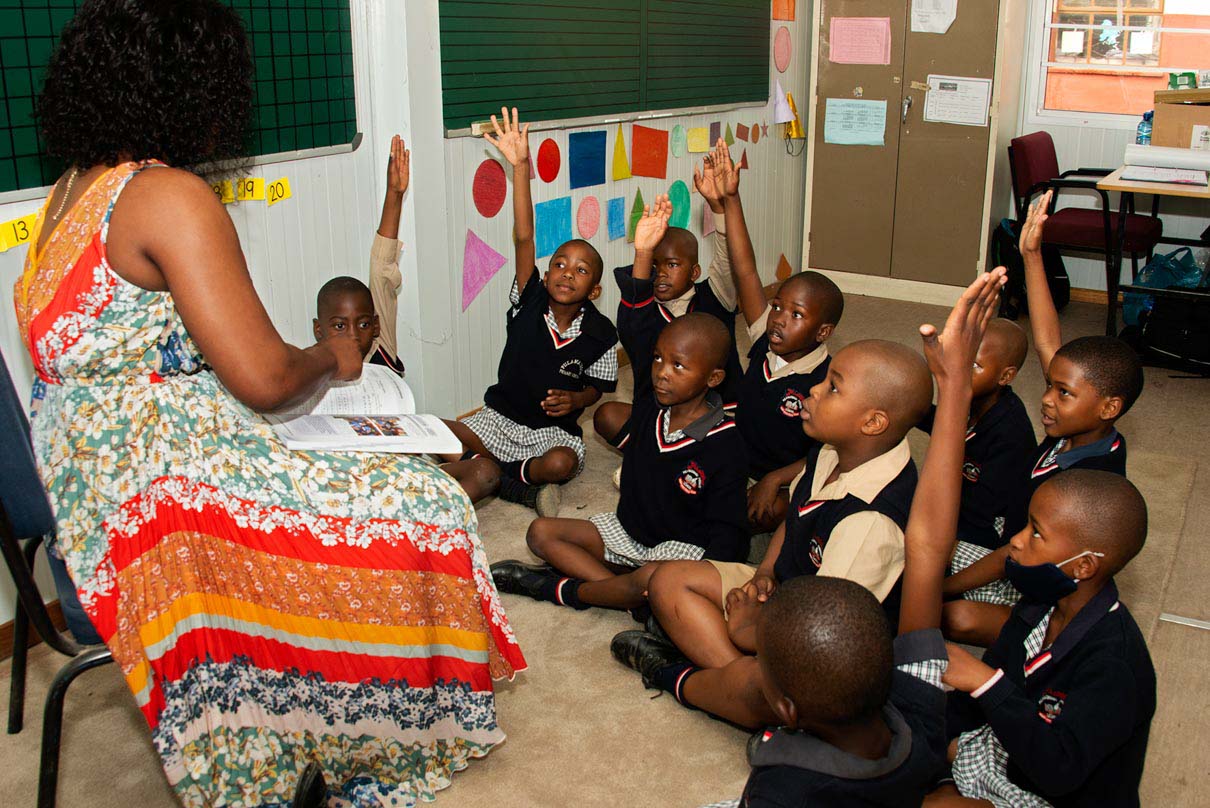

Research Group 5:
Policy Scenarios for Proactive Policy
Using a scenario analysis approach, this research group explores various proactive policy responses to the demographic changes in the teacher workforce. It attempts to answer questions relating to the following: Which policy actors will use the research emerging from this project? For what? When? And how?
Which universities and research organisations are you affiliated with?
The Teacher Demographic Dividend project is a collaboration of almost 30 South African researchers from a number of universities, research organisations and independent consultancies. Specifically, our researchers are affiliated with Stellenbosch University, the University of Fort Hare, the University of the Witwatersrand, and the Research, Monitoring and Evaluation Directorate of the Department of Basic Education.
The operational staff for the TDD project come from the Research on Socioeconomic Policy (Resep) group at Stellenbosch University.
Who are the researchers involved with TDD?
Leadership and Management Team

Servaas
van der Berg
(project lead)
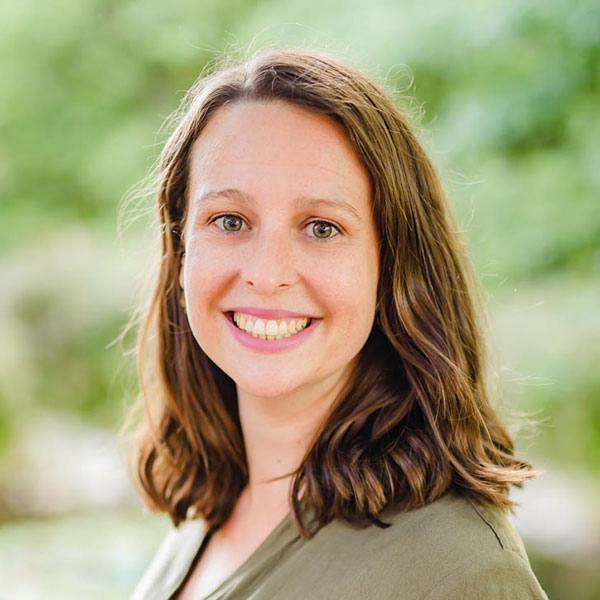
Silke Rothkegel van Velden
(project manager)
Research Group 1

Martin Gustafsson
(lead)

Bianca Böhmer

Cobus Burger

Peter Courtney

Eldridge Moses
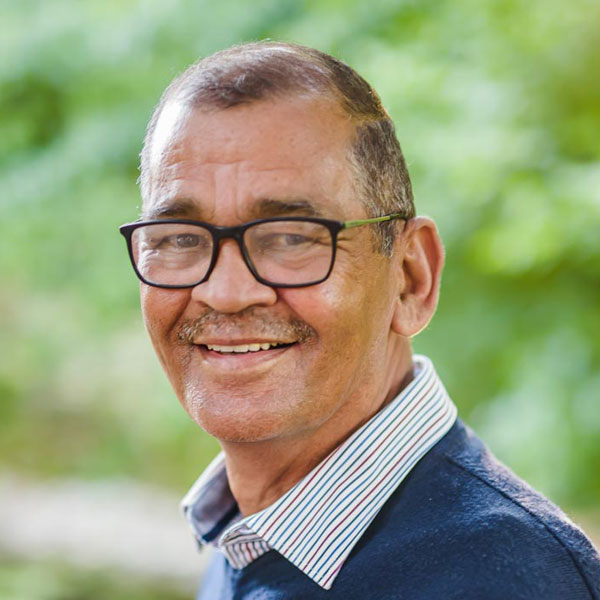
Chris van Wyk
Research Group 2
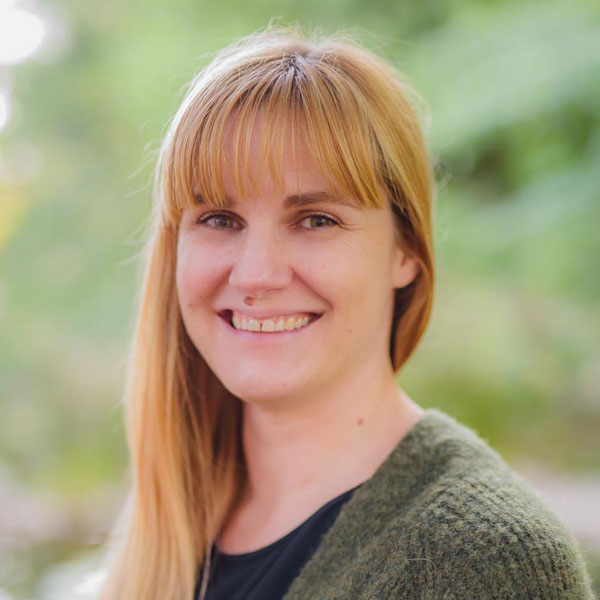
Debra Shepherd
(lead)

Peter Courtney
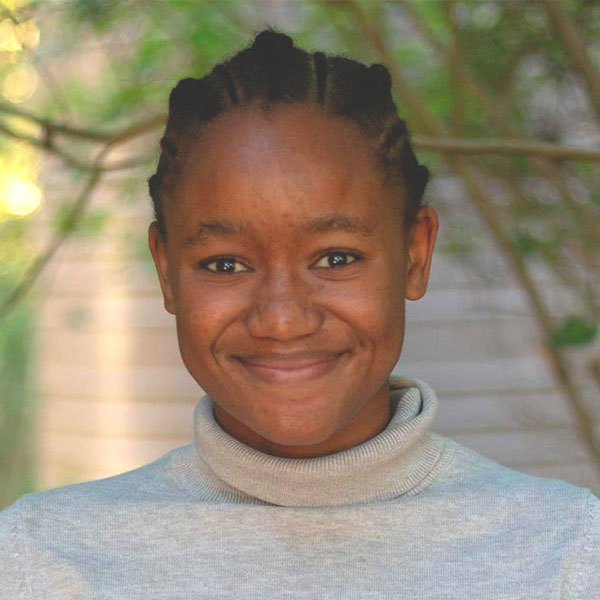
Nthatisi Mota

Mukovhe Glen Takalani
Research Group 3
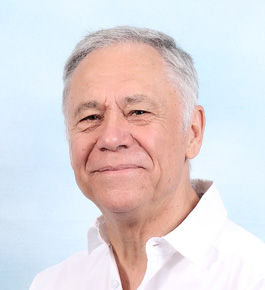
Nick Taylor
(lead)

Qetelo Moloi

Irene Pampallis
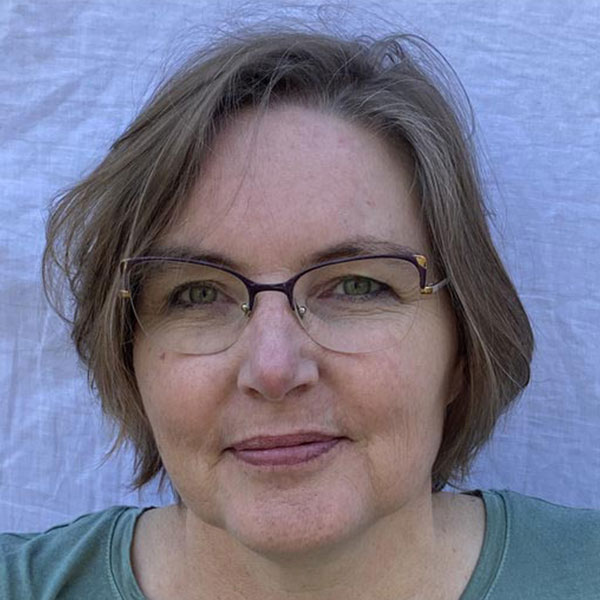
Nicky Roberts
Research Group 4
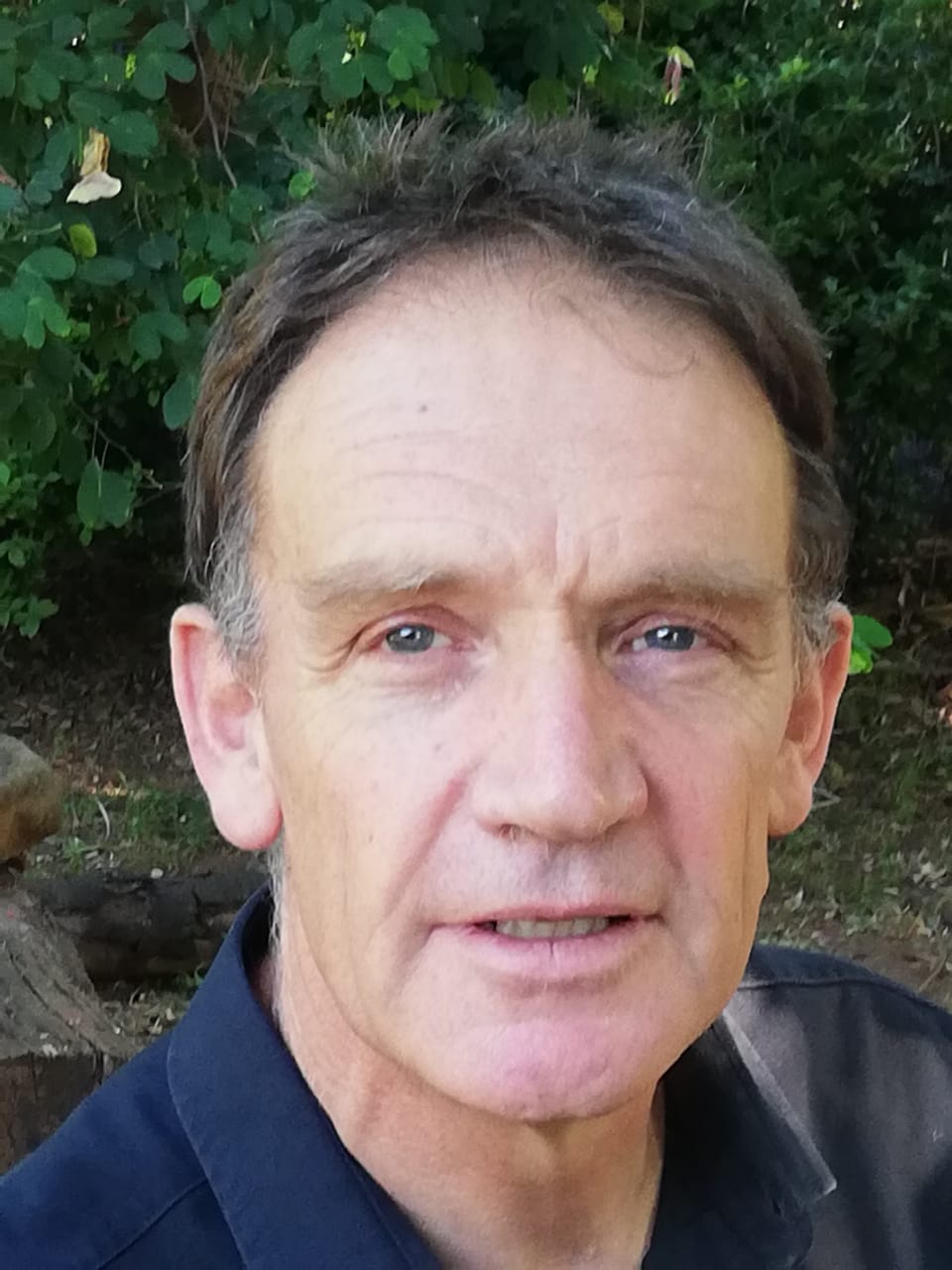
John Kruger
(lead)

Martin Gustafsson

Dumisani Hompashe
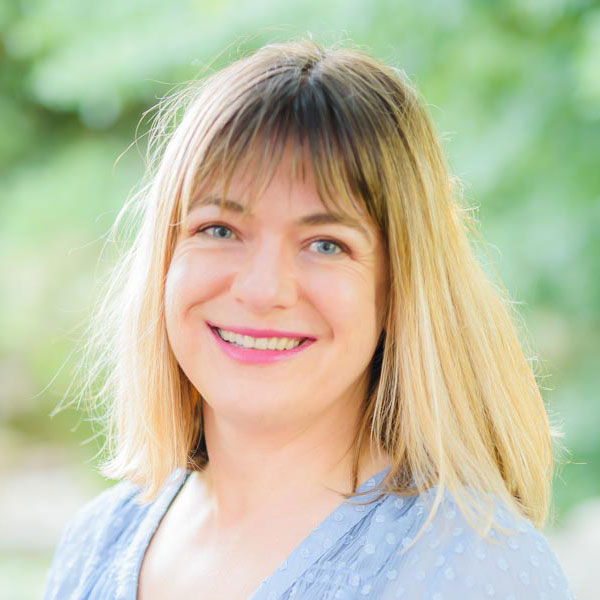
Anja Smith

Lunga Swelindawo
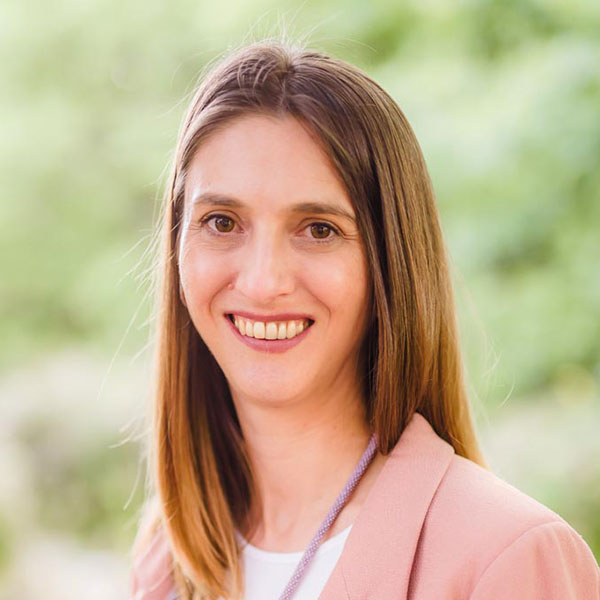
Gabrielle Wills
Research Group 5
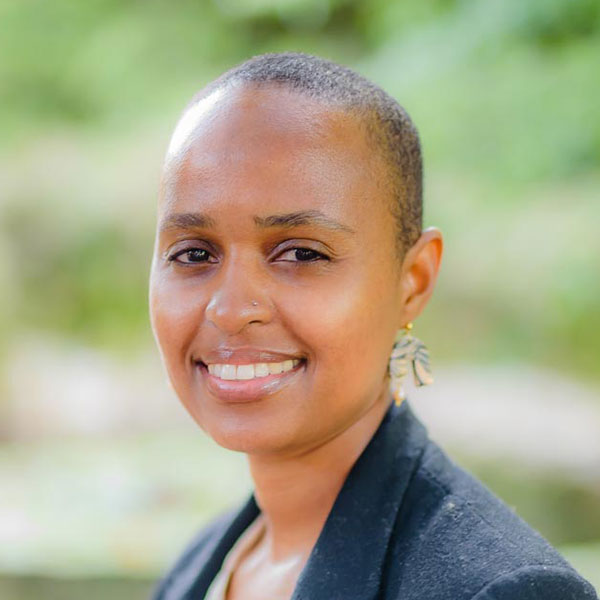
Poppie Ntaka
(lead)
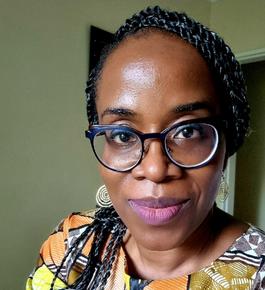
Carol Nuga Deliwe

Nwabisa Makaluza

Nompumelelo Mohohlwane

Servaas
van der Berg
Cross-cutting researchers and project advisors
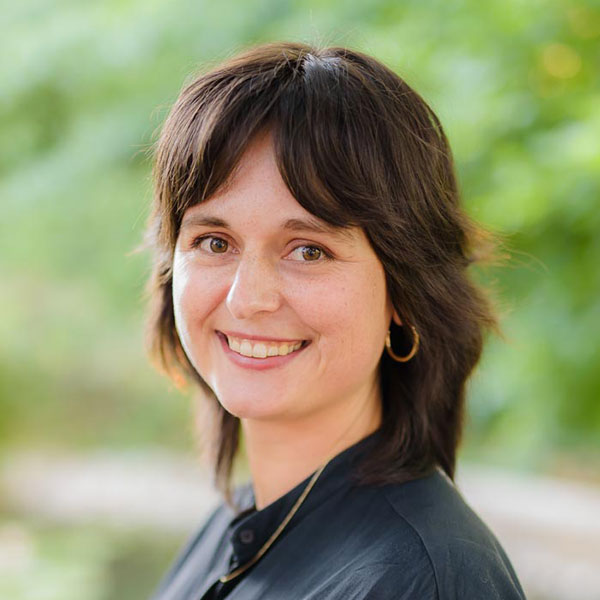
Heleen Hofmeyer

Joel Gondwe


